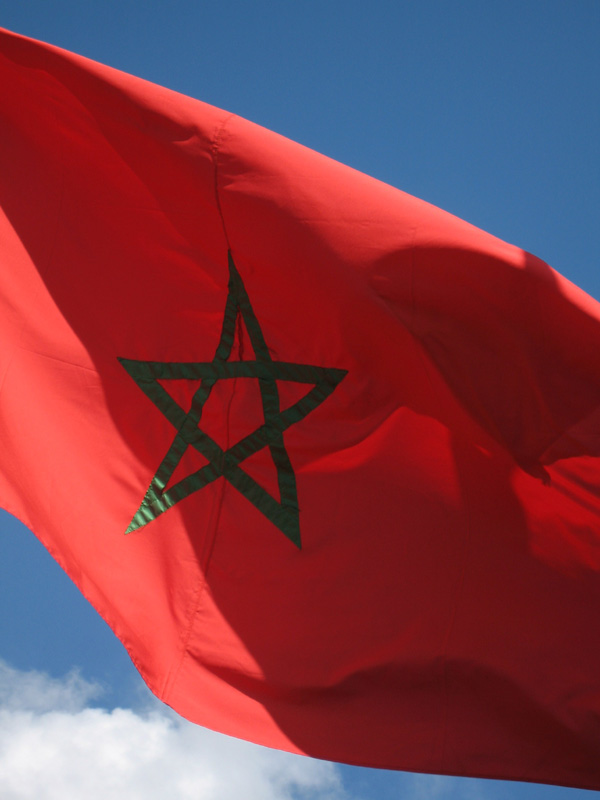
On Monday, France and Morocco reached agreements worth up to €10 billion during French President Emmanuel Macron's three-day visit to Morocco, aimed at easing recent diplomatic
tensions, sources with direct knowledge of the deals told AFP.
Numerous agreements were signed with both Macron and King Mohammed VI present, and additional deals focusing on energy and infrastructure are expected to be finalized on Tuesday.
Macron's trip, initiated by an invitation from King Mohammed VI in late September, comes as a step toward mending years of tense relations between Paris and Rabat. Macron was accompanied by a delegation of French ministers and business leaders, with French and Moroccan flags lining the main thoroughfares of the city.
Key ministers from France, including Interior Minister Bruno Retailleau, Economy Minister Antoine Armand, and Culture Minister Rachida Dati—of Moroccan descent—joined Macron on the visit.
While specific contract details remain undisclosed, several major agreements were highlighted. French rail manufacturer Alstom, for instance, will supply Morocco with up to 18 high-speed train cars as part of the agreements. Energy company Engie and the Moroccan Phosphates Office signed a renewable energy deal, with potential investments reaching up to €3.5 billion. Additionally, TotalEnergies will collaborate on developing green hydrogen production in Morocco.
A 'Bridge Between Europe and Africa'
Macron's visit also reflects an effort to address longstanding tensions between France and Morocco over issues like the Western Sahara dispute and France's recent diplomatic efforts with Algeria.
The Western Sahara region, a former Spanish colony, is primarily under Moroccan control but is also claimed by the Algeria-backed Polisario Front, which declared a “self-defense war” in 2020 to seek the territory’s independence. The United Nations recognizes it as a “non-self-governing territory.”
Paris and Rabat’s relationship strained further when France reduced the number of visas granted to Moroccans in 2021. Macron took a significant step to ease this tension in July by endorsing Morocco’s autonomy plan for Western Sahara as the “only basis” to resolve the longstanding dispute.
This shift from France was a diplomatic win for Morocco, aligning with the U.S., which recognized Moroccan sovereignty over Western Sahara in 2020 as part of Morocco’s normalization of relations with Israel.
Macron’s visit to Morocco also comes as his diplomatic engagement with Algeria faces setbacks. A planned state visit to Paris by Algerian President Abdelmadjid Tebboune has been repeatedly delayed and was ultimately canceled by Algeria earlier this month. Following Macron’s support of Morocco’s autonomy plan, Algeria recalled its ambassador to France, who has not yet been replaced. Photo by jim from Lausanne, Switzerland, Wikimedia commons.



































